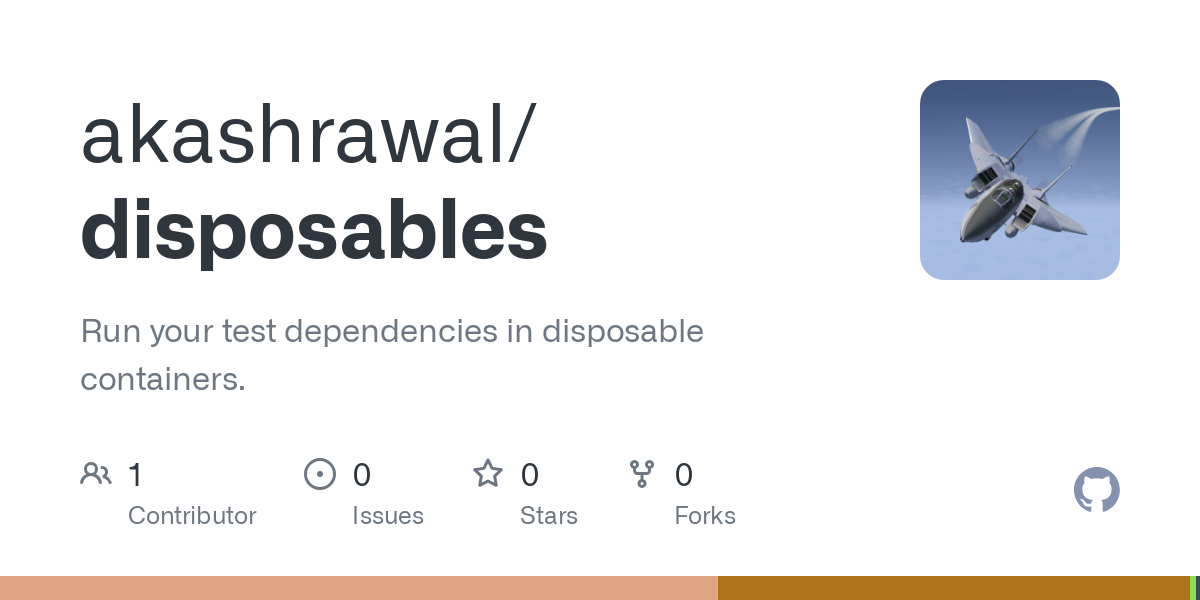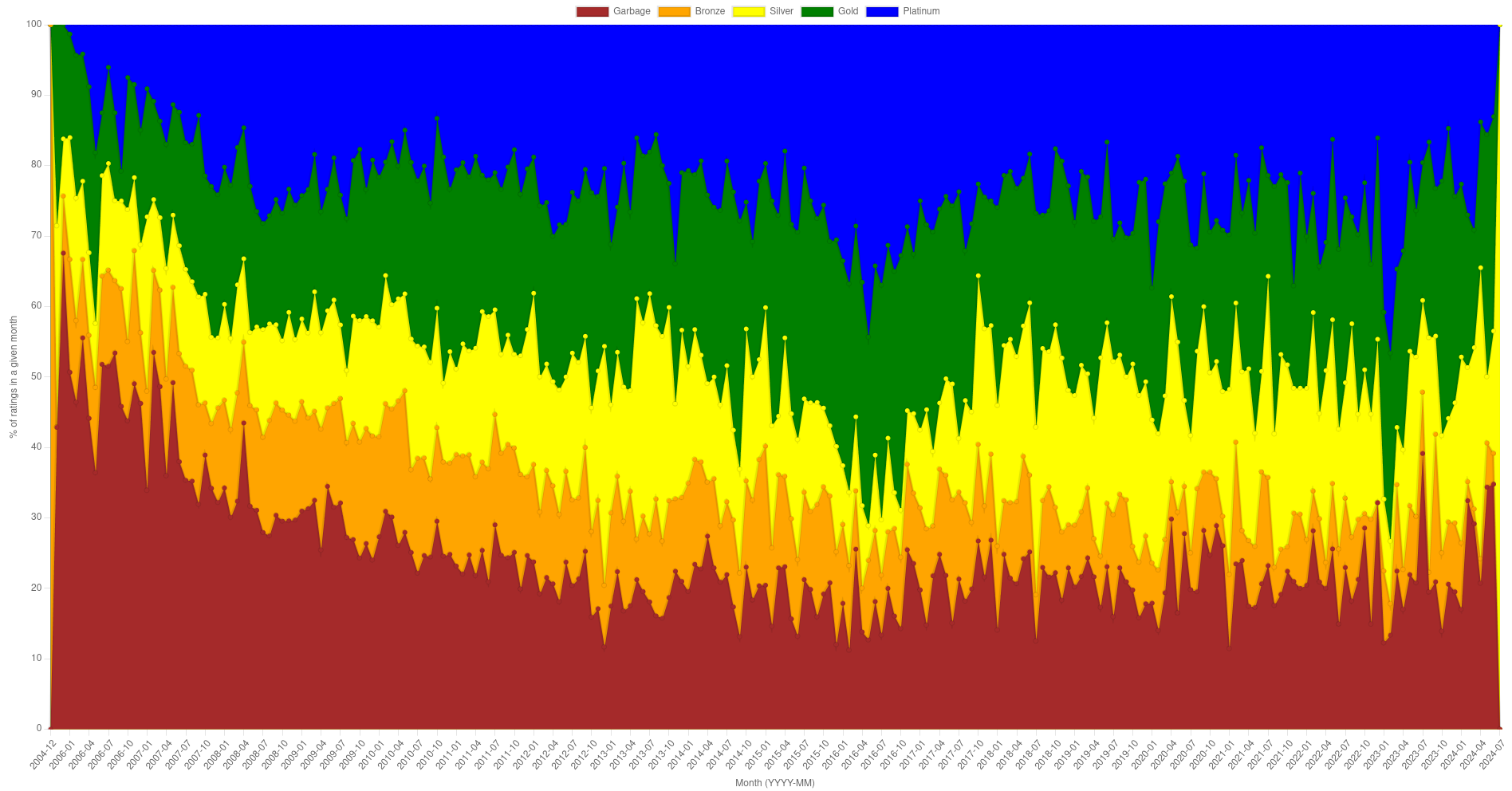

There is no way legacy projects are going to switch to Deno. Even when Deno is 100% compatible, the only advantage Deno provides is slightly higher performance.
Node’s complexity problem? All those configs needs to be supported for compatibility anyway. Typescript? The project already has tsconfig.json set up, so they might as well continue to use tsx. Security? I bet users will just get tired and use -A all the time.
To benefit from Deno, Node’s legacy needs to be shed.
Wine is a different case. The reason Wine makes sense is because Windows is so much worse than Linux that even with scrappy game compatibility, Linux offers a better experience. For Linux users, the alternative to Wine is not switching to Windows, it is not being able to play games. On the other hand, legacy Node projects have a very easy alternative… just continue to use Node.
And btw Bun is making the same mistake.






Removed by mod